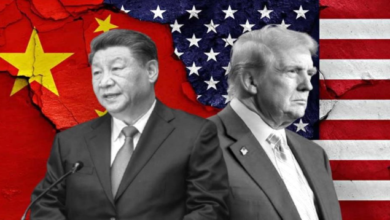UNESCO Launches the International Year of Quantum Sciences and Technologies in 2025

This week, the United Nations Educational, Scientific and Cultural Organization (UNESCO) officially launched the International Year of Quantum Sciences and Technologies (IYQST), highlighting the significance of this field for a sustainable and resilient future. The United Nations General Assembly declared the year 2025 as the International Year of Quantum Sciences and Technologies, aiming to enhance international cooperation and promote initiatives to bridge the global quantum divide.
Quantum sciences, with their transformative potential, are at the forefront of the most promising technological advances of the 21st century. As the leader of this initiative, UNESCO seeks to raise global awareness about the profound implications of these technologies in addressing worldwide challenges. This year will feature events that spotlight education, research, and industrial applications of quantum sciences. It will also focus on issues of gender equality, the inclusion of developing countries, and ethics in scientific innovation.
The events of the International Year are designed to serve as platforms for exchanging ideas and collaboration, where best practices will be shared, and interdisciplinary and interregional partnerships will be encouraged. UNESCO emphasizes the need to strengthen scientific capacities, particularly among women and youth in developing nations, to promote a more inclusive and equitable research landscape.
The organization underscores that quantum research impacts all facets of modern science, from physics to biology, and has the potential to transform key sectors such as public health, environmental conservation, and the fight against climate change. It hopes that this year will inspire future generations to engage in this field, which is crucial for fostering innovations vital for sustainable development.
According to UNESCO, the role of quantum sciences is essential not only for fundamental scientific breakthroughs but also for technological advancements that will profoundly affect human well-being and address pressing global issues.






